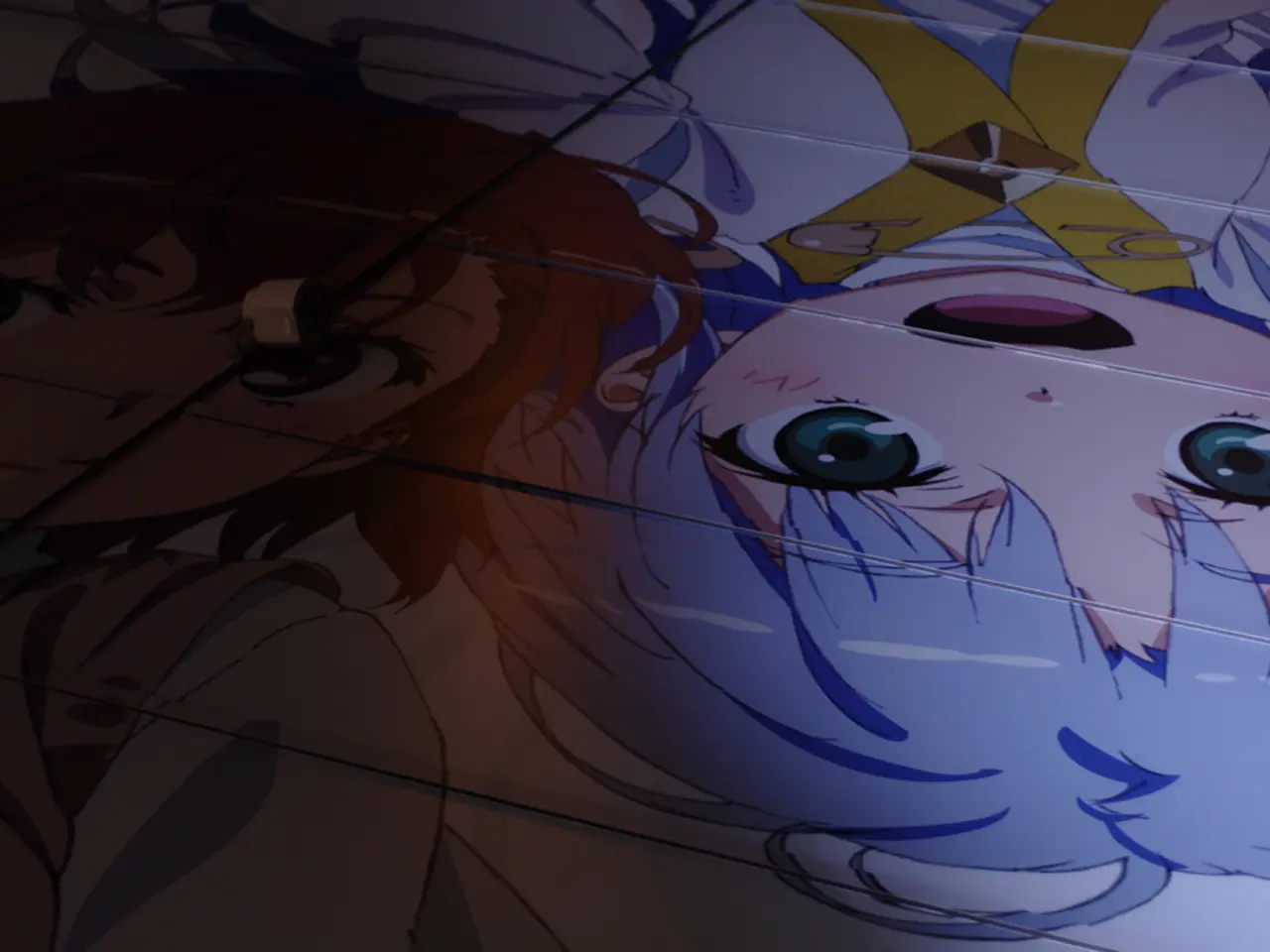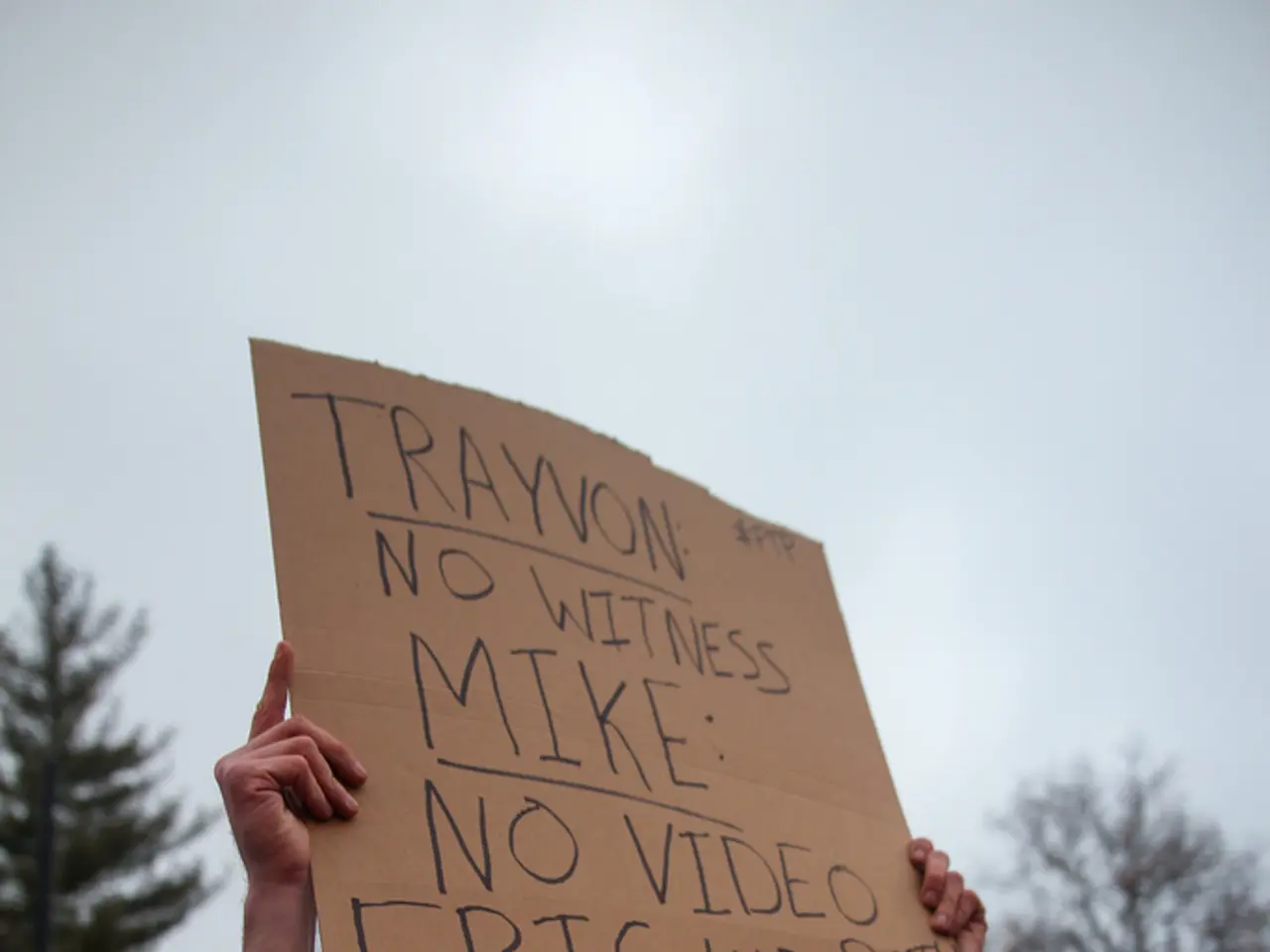Unforgettable Tragic Scenes in Anime: The Keys to Their Emotional Impact
In the captivating world of anime, creators skillfully weave emotional narratives that resonate deeply with viewers, offering a reflection of the human experience in all its complexity. These stories often feature heart-wrenching plot twists that serve not just to surprise, but to deepen the audience's connection to characters and themes, transforming the narrative into an emotionally charged journey.
One such example is the critically acclaimed series, "Attack on Titan." Known for its dramatic twists, the show shifts from a straightforward 'man vs. monster' framework into a profound exploration of morality, revenge, and the weight of history's sins. The early death of Eren's mother sets an emotional tone, but as the series progresses, numerous shocking revelations about the Titans, humanity, and Eren himself add layers of complexity and tragedy, increasing the narrative's emotional depth.
Another series that masterfully employs plot twists is "Chainsaw Man." The brutal and often shocking twists redefine the protagonist Denji’s journey as he transforms into a demon-human hybrid and navigates a dark, chaotic world. The wild surface of this series belies the poignant moments of sacrifice and loss, creating a strong emotional undercurrent.
"Bungo Stray Dogs: Beast" also contains dark plot developments, particularly involving the main characters Atsushi and Akutagawa, alongside the enigmatic Osamu Dazai. These developments introduce intense emotional stakes, raising the story’s intrigue and emotional complexity significantly.
Anime stories often capture the essence of human experience through well-crafted characters and meaningful themes. For instance, the final mission in "Assassination Classroom" focuses on duty vs. love, with Koro-Sensei's death teaching courage. The ending of "Your Lie in April" showcases love persisting after loss, capturing the intersection of beauty and fragility.
Tragic backstories in anime, such as Edward Elric's in "Fullmetal Alchemist: Brotherhood," deepen character development by revealing past pain and making viewers care deeply about their struggles. Maes Hughes' death in the same series strikes audiences with the loss of warmth in chaos, while Ash's farewell to Butterfree in "Pokémon" is an essential coming-of-age moment, showcasing selflessness and growth.
Sorrowful anime storylines don't just entertain; they teach and console, tapping into deep wells of emotion and offering a mirror to real life. The ending of "Your Lie in April" portrays the power of music to express what words cannot, while Spike's conclusion in "Cowboy Bebop" reflects themes of fate and freedom.
The transformation of Sayaka in "Puella Magi Madoka Magica" and Spike's ending in "Cowboy Bebop" are prime examples of how plot twists redefine narratives and challenge viewers' understanding of sacrifice, heroism, and tragedy.
In conclusion, the emotional power of anime lies in its ability to portray complex human emotions, offering comfort in shared pain and connecting deeply with viewers. These stories capture the essence of human experience through well-crafted characters and meaningful themes, leaving a lasting impact on viewers.
- In the world of anime, lifestyle and entertainment are intertwined as emotional narratives are skillfully woven into shows like "Attack on Titan" and "Chainsaw Man," offering viewing experiences that resonate deeply with audiences, providing emotional insights and entertainment.
- Furthermore, anime series such as "Bungo Stray Dogs: Beast" and "Fullmetal Alchemist: Brotherhood" employ plot twists in their stories to increase emotional depth and complexity, using entertainment to teach and console viewers, reflecting real-life themes of sacrifice, growth, and loss.






